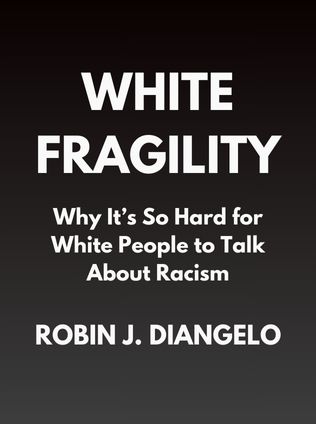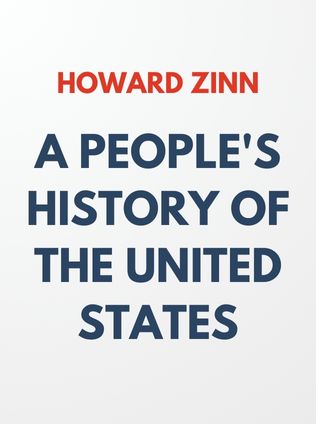
Future Energy
How the New Oil Industry Will Change People, Politics, and Portfolios
By Bill Paul
Published 02/2007
About the Author
Bill Paul is a seasoned journalist with a wealth of experience in energy and environmental issues. A former staff reporter for The Wall Street Journal in Europe and the United States, Paul has also served as a special energy correspondent for CNBC. His expertise in discussing energy trends, environmental challenges, and the intersection of politics and energy economics makes him a highly credible voice in the field. In "Future Energy: How the New Oil Industry Will Change People, Politics, and Portfolios," Paul brings his extensive knowledge to bear on the urgent issue of global energy transformation.
Main Idea
The central theme of "Future Energy" revolves around the transformative potential of a new oil industry emerging from technological innovations and shifting political landscapes. Bill Paul argues that this new industry could lead to energy independence, economic stability, and environmental sustainability. He explores the various factors contributing to the perfect storm driving this change, including rising oil prices, geopolitical risks, and growing environmental concerns. Paul's vision includes a diverse energy portfolio encompassing substitute liquid fuels, enhanced efficiency, and unconventional fossil fuels.
Table of Contents
- Introduction
- The Perfect Storm for Oil Price Spikes
- Substitute Liquid Fuels (SLFs)
- Unconventional Fossil Fuels
- The Power of Efficiency
- Terrorists, Nationalists, and Shock Absorbers
- The New Oil Economy
- 100 Companies to Watch
Introduction
In the introduction, Paul sets the stage by highlighting the critical role of oil in modern society and the escalating costs associated with its consumption. He points out that the pain at the pump is just a fraction of the broader economic, security, and environmental toll. The book argues that while the current oil industry is deeply entrenched, emerging technologies and geopolitical shifts are paving the way for a revolutionary new oil industry.
The Perfect Storm for Oil Price Spikes
Paul discusses the confluence of factors contributing to the volatility of oil prices:
- The rising cost of discovering, extracting, and refining crude oil.
- Increasing reliance on expensive hydrocarbon sources like coal and tar sands.
- The vulnerability of America's energy infrastructure in the Gulf of Mexico.
- Geopolitical risks, including the ongoing war on terror.
- Rising domestic demand in oil-producing countries, reducing export availability.
- Concerns that conventional oil production may have peaked.
These factors create a scenario where high prices and instability are likely to persist. However, Paul asserts that with proper guidance, the new oil industry has the potential to address these challenges, albeit over an extended period.
Substitute Liquid Fuels (SLFs)
Paul introduces the concept of SLFs, which include fuels made from biomass and other hydrocarbons. These substitutes are crucial for reducing dependency on conventional oil. He highlights the role of efficiency, not just in terms of fuel consumption but also in the broader use of electricity as an alternative fuel source.
Biofuels
Biofuels, particularly ethanol and biobutanol, are central to the SLF strategy. Ethanol, made primarily from corn, is already a significant player in the U.S. fuel market. However, Paul sees greater potential in cellulosic ethanol, which can be produced from non-food plant materials, and biobutanol, which can be transported through existing petroleum pipelines and offers better engine performance.
“The main biofuel in the United States today is ethanol, and most ethanol is made from corn kernels.” - Bill Paul
Cellulosic Ethanol
Unlike corn ethanol, cellulosic ethanol is produced from the hard, fibrous parts of plants, such as wild grasses, agricultural waste, and wood chips. This form of ethanol offers significant advantages because it does not compete with food crops and can utilize materials that are otherwise considered waste.
Sign up for FREE and get access to 1,400+ books summaries.
You May Also Like
Rich Dad Poor Dad
What the Rich Teach Their Kids About Money - That the Poor and Middle Class Do Not!
By Robert T. KiyosakiFreakonomics
A Rogue Economist Explores the Hidden Side of Everything
By Steven D. Levitt and Stephen J. DubnerI Am Malala
The Story of the Girl Who Stood Up for Education and Was Shot by the Taliban
By Malala YousafzaiFactfulness
Ten Reasons We're Wrong About the World – and Why Things Are Better Than You Think
By Hans Rosling



















